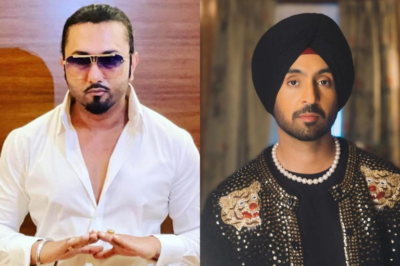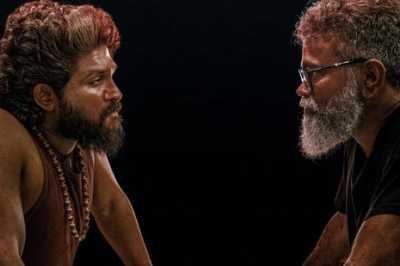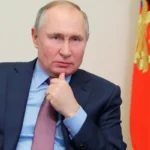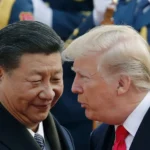
Lawyers for Donald Trump have filed a motion requesting that the judge overseeing his hush money trial throw out his conviction. This comes in the wake of a recent Supreme Court ruling granting former US presidents broad immunity from prosecution.
Key Points of the Request
- Broad Immunity Cited: Trump’s attorneys argue that the recent Supreme Court decision, which asserts that a former president enjoys “absolute immunity” for official acts, should apply to Trump’s case. They claim that the jury’s verdict should be vacated and the indictment dismissed based on this ruling.
- Conviction Background: In May, Trump was convicted in New York on 34 counts of falsifying business records. These charges were related to hush money payments made to porn star Stormy Daniels, who alleged a sexual encounter with Trump.
- Actions During Presidency: The defense’s argument highlights that some evidence presented by prosecutors involved actions taken while Trump was in the White House and included testimony from White House aides.
- Supreme Court Ruling Impact: The Supreme Court ruling from earlier this month forms the crux of the defense’s argument, suggesting that the president’s official acts are immune from prosecution.
Current Legal Status
- Scheduled Sentencing Postponed: Trump’s sentencing, initially set for Thursday, has been postponed by Judge Juan Merchan in light of the Supreme Court decision.
- Next Steps: Merchan is set to rule on the motion to dismiss the conviction on September 6. If the motion is denied, sentencing will proceed on September 18.
- Prosecution’s Stance: Manhattan prosecutor Alvin Bragg has not opposed the sentencing delay but maintains that Trump’s arguments for dismissal are without merit.
Broader Legal Context
Donald Trump is facing multiple criminal cases:
- Election Interference: Charges in Washington and Georgia related to attempts to overturn the 2020 election results.
- Classified Documents: An indictment in Florida accusing Trump of endangering national security by retaining top secret documents after his presidency.
Trump, anticipated to be formally named the Republican Party nominee for president next week, is actively seeking to delay his trials until after the November election. This latest legal maneuver is part of his broader strategy to push back against the multiple charges he faces.




































Leave a Reply